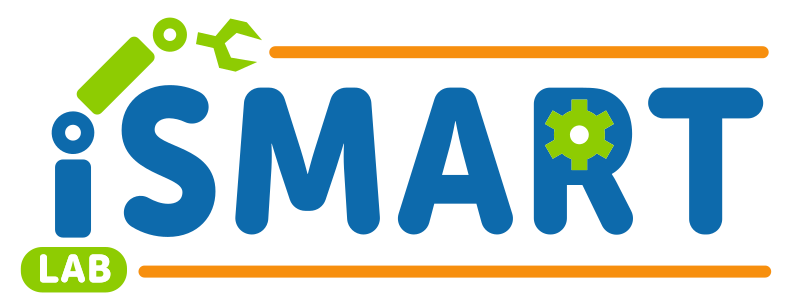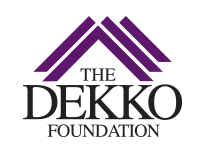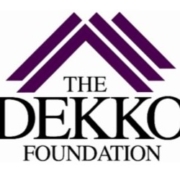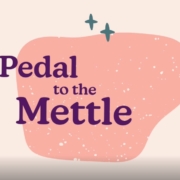iSMART Lab prepares students for success
A new high-tech lab is helping the students of today build highly valued skills for the future.
The iSMART Lab opened this school year in the Community Learning Center in Kendallville, IN. The lab features an array of state-of-the-art equipment that allows adolescents to get hands-on training so they can be successful in advanced manufacturing and logistics careers.
Inside the iSMART Lab — the name stands for information systems, manufacturing, automation, robotics, and technology — students are grounded in the basic concepts of Industry 4.0. Also called the “fourth industrial revolution,” Industry 4.0 represents the growing number of “smart” manufacturing facilities that use cloud-based processes to make their workflow more efficient.
That’s particularly relevant in Noble County, IN, where the iSMART Lab is located. Noble County has one of the highest concentrations of manufacturing businesses of anywhere in the country. That’s why a group of local partners representing education, workforce development, and philanthropy came together to make the iSMART Lab possible.
The Noble County Economic Development Corporation began spearheading the effort in 2020. The collaboration includes Impact Institute, which provides career technical education for high school students in northeast Indiana; Freedom Academy, which offers workforce training for employers; the Community Learning Center; and the Dekko Foundation.
The iSMART Lab has been awarded more than $820,000 in grants that have been used to outfit it with the same type of cutting-edge equipment, robots, and software found in manufacturing facilities. This fall, Impact Institute began offering its two-year Smart Technologies & Automation program to high school juniors and seniors in the iSMART Lab. And Freedom Academy launched its new Industry 4.0 training classes for adult workers.
In October, nearly two dozen middle school students took part in a daylong Manufacturing Experience camp in the iSMART Lab. They worked on AC/DC electrical systems and circuits, tried their hand at soldering, and explored how to use programmable logic controllers and 3-D printers.
Collaborating to help make the iSMART Lab possible made sense for us at the Dekko Foundation because it aligns with several of the things we’re interested in funding. It provides an opportunity for young people to practice problem solving in ways that have real-world connections. It’s a place where they can follow their interests, build skills, and apply their knowledge and talents. And it can help them better understand what their options are after they graduate from high school.
We’re excited by the potential of the iSMART Lab to help young people building knowledge, skills, and character. We think it’s a really smart way to support them in being self-sufficient and capable of achieving economic freedom as adults.




